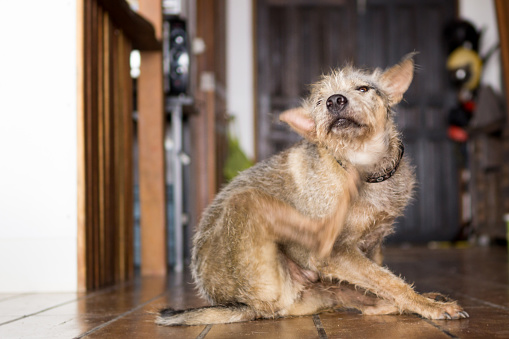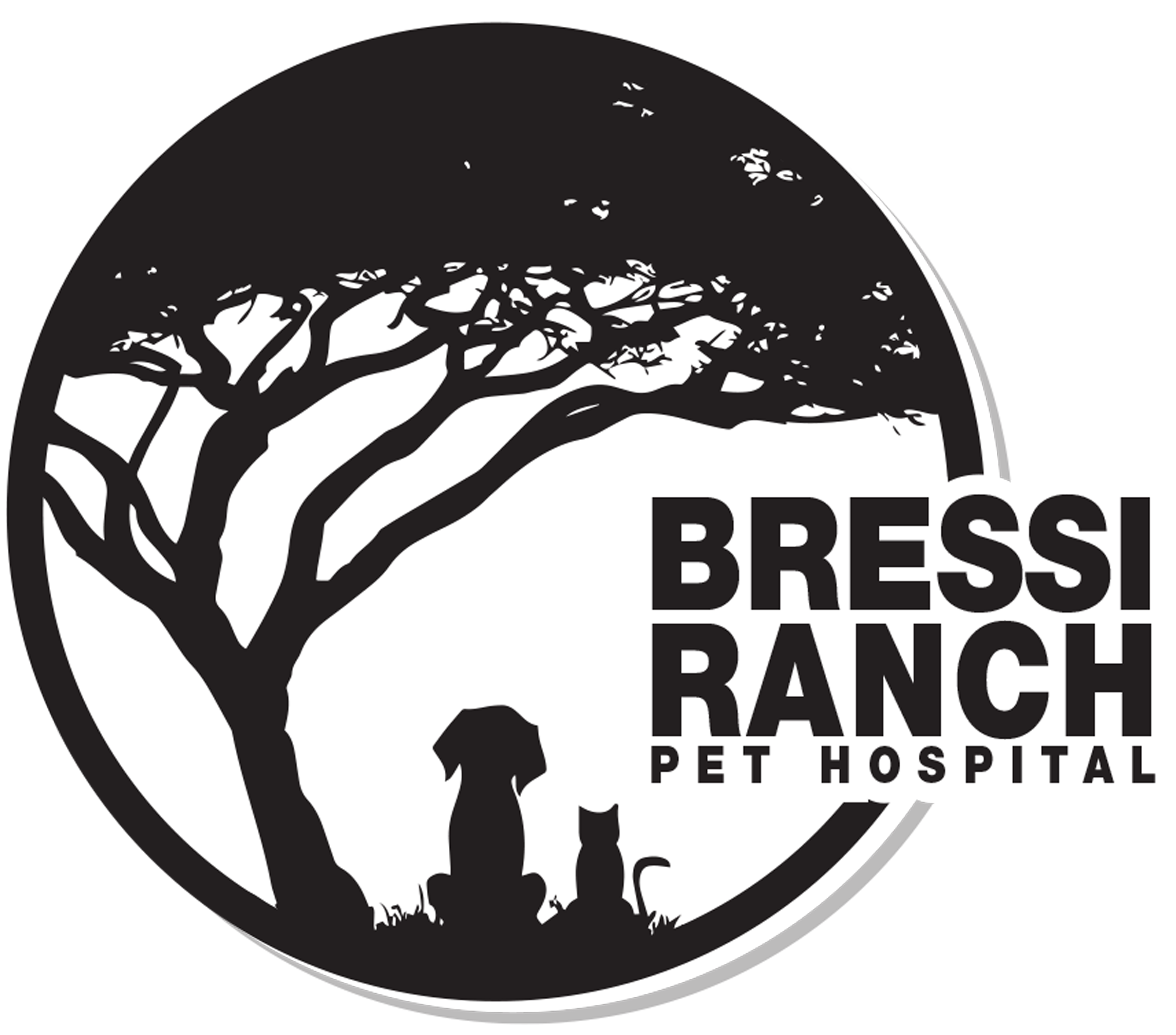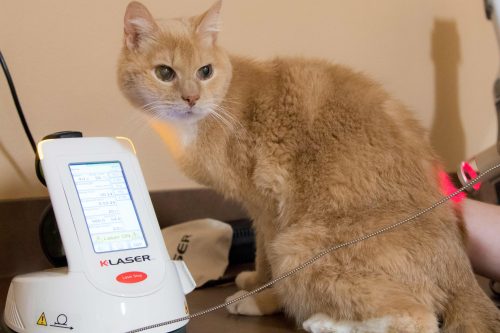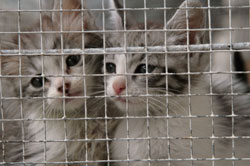
Allergies are one of the most common and frustrating conditions we deal with in Southern California.
An allergy occurs when the pets immune system overreacts to common environmental stimulants. Dogs and cats seem to “grow into” allergies, unlike humans that tend to grow out of them. This means that pet allergies are not curable, never go away and actually seem to get worse.
When animals are suffering from allergies you may signs such as itching, hair loss, skin infections, ear infections, chewing feet and tail, rubbing face on surfaces, diarrhea, possible vomiting and rarely upper respiratory signs.
By far the most common cause of allergies in our area is fleas (even if you don’t see them on your pet); the next most common cause is a combination of multiple allergens like pollens, molds, dust mites and danders. Lastly, we see a lot of food allergies. Sometimes we see a combination of all of the above allergies.
At Bressi Ranch Pet Hospital we deal with a lot of allergic dogs and many different modalities to try and control allergies. From sophisticated allergy testing and hyposensitization schedules (allergies vaccines), to the more common palliative type approaches where the pets comfort is the goal.




